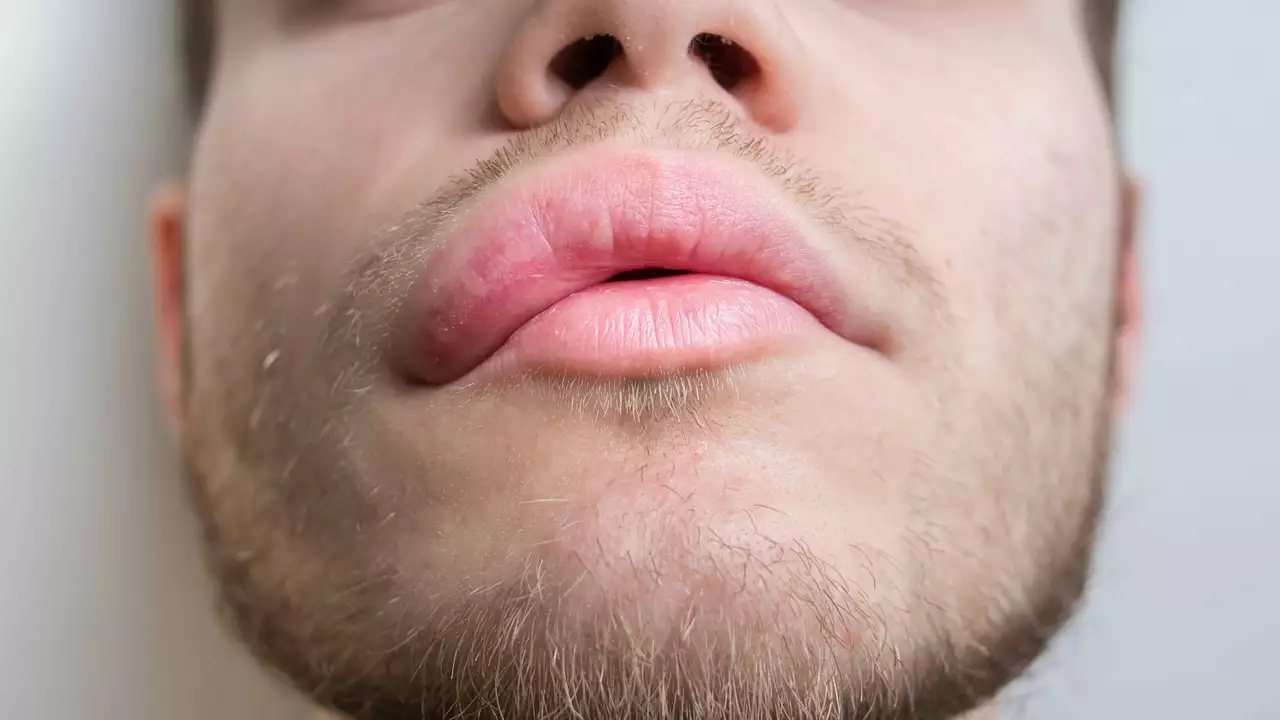Understanding Allergies and Their Impact
Allergies are a common health problem that affects millions of people worldwide. They occur when your immune system reacts to substances in the environment that are usually harmless to most people. These substances are known as allergens and can include certain foods, pollen, pet dander, dust mites, molds, insect stings, and some medications. When an allergic reaction occurs, your immune system releases substances that cause allergy symptoms like sneezing, itching, swelling, and in severe cases, anaphylaxis.
Understanding allergies and their impact on your body is the first step towards managing them. Allergies can significantly affect your quality of life, causing discomfort, disrupting your daily activities, and even leading to life-threatening situations. Therefore, it's essential to recognize the signs and symptoms of allergies and seek professional help when necessary.
What is Angioedema?
Angioedema is a condition characterized by deep swelling beneath the skin, often around the eyes and lips, and sometimes in the hands, feet, and throat. This swelling can also occur on the inside of the body, such as the airways or intestines. Angioedema is usually harmless and goes away on its own, but it can be uncomfortable and sometimes life-threatening if it causes swelling in your throat or lungs, leading to difficulty breathing.
There are several types of angioedema, including hereditary angioedema, allergic angioedema, drug-induced angioedema, and idiopathic angioedema. Each type has different causes and treatments, making it important to get a proper diagnosis if you experience symptoms of angioedema.
The Connection Between Allergies and Angioedema
Allergic reactions and angioedema are closely related because they both involve an overreaction of the immune system. In allergic angioedema, your immune system reacts to an allergen by releasing chemicals that cause swelling in the deep layers of your skin. This is the same process that occurs in an allergic reaction, but the symptoms manifest differently.
The connection between allergies and angioedema is also evident in the triggers that can cause both conditions. For instance, food allergies can lead to both allergic reactions and angioedema. Similarly, exposure to certain medications, insect stings, or substances can trigger both conditions. Therefore, if you're prone to allergies, you're also at a higher risk of developing angioedema.
Managing Allergies and Angioedema
Managing allergies and angioedema involves avoiding triggers, taking medications, and in some cases, undergoing desensitization procedures. Avoidance is the most effective way to prevent allergic reactions and angioedema. This means staying away from known allergens, whether they are specific foods, medications, or environmental factors like dust and pollen.
Medications can also help control symptoms of allergies and angioedema. Antihistamines, corticosteroids, and decongestants are commonly used to treat allergies, while antihistamines and corticosteroids can also help manage angioedema. In severe cases, an injection of epinephrine may be necessary.
When to Seek Medical Help
While allergies and angioedema can often be managed at home, it's important to seek medical help if the symptoms are severe or if they don't improve with treatment. Symptoms that warrant immediate medical attention include difficulty breathing, severe swelling, dizziness, rapid heartbeat, and loss of consciousness. These could indicate a severe allergic reaction or angioedema attack, which can be life-threatening if not treated immediately.
Even if your symptoms are mild, it's still a good idea to consult a healthcare provider if you frequently experience allergies or angioedema. They can help identify your triggers, suggest ways to avoid them, and prescribe appropriate medications or treatments to manage your symptoms.
The Importance of Awareness and Education
Understanding the connection between allergies and angioedema is crucial for managing these conditions effectively. Awareness and education can help you recognize the signs and symptoms, understand the triggers, and know when to seek medical help. Furthermore, it can also help reduce the stigma and misunderstanding that often surrounds these conditions.
Remember, allergies and angioedema are common, and there's no need to feel embarrassed or isolated if you have these conditions. With the right knowledge and management strategies, you can lead a healthy and fulfilling life despite your allergies and angioedema.

brajagopal debbarma
July 22, 2023 AT 13:56Carly Smith
July 23, 2023 AT 10:34Kurt Stallings
July 24, 2023 AT 01:53Angie Creed
July 25, 2023 AT 22:06Michael Ferguson
July 27, 2023 AT 22:03Patrick Klepek
July 29, 2023 AT 10:41Caden Little
July 30, 2023 AT 16:24Sebastian Brice
August 1, 2023 AT 03:25Jim Aondongu
August 2, 2023 AT 03:25Michael Schaller
August 3, 2023 AT 20:57Kyle Tampier
August 4, 2023 AT 19:43Tom Caruana
August 5, 2023 AT 06:02Muzzafar Magray
August 6, 2023 AT 10:15Renee Williamson
August 6, 2023 AT 17:50Manish Mehta
August 7, 2023 AT 21:00Okechukwu Uchechukwu
August 8, 2023 AT 05:53Sarah Cline
August 9, 2023 AT 05:24Sierra Thompson
August 9, 2023 AT 08:51Khaled El-Sawaf
August 11, 2023 AT 07:33